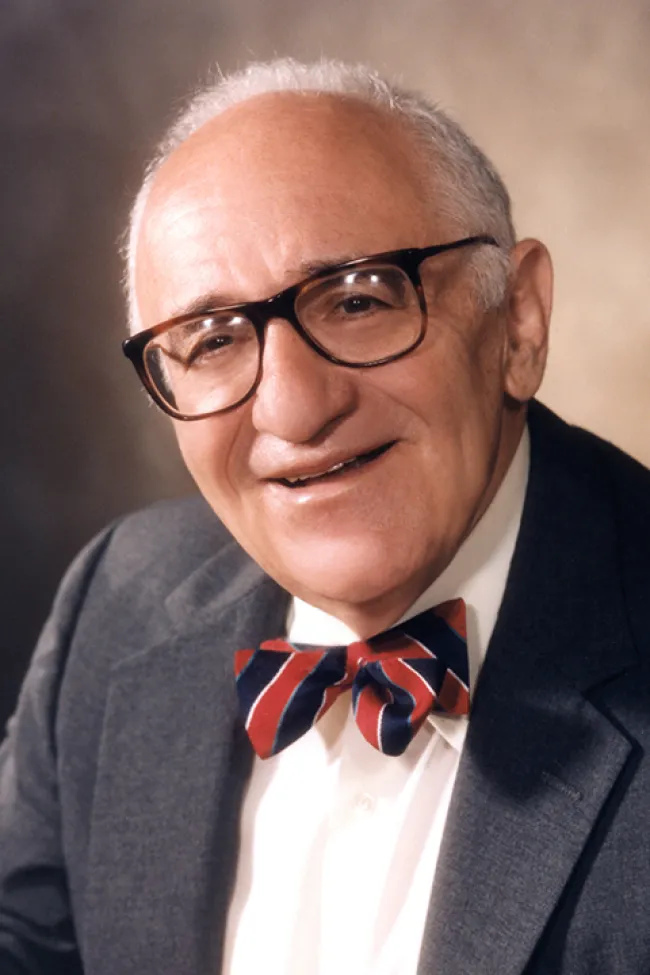- Downloads:
- Betrayal of the American Right.pdf
- La traicion de la derecha estad - Murray N. Rothbard.epub
- La traición de la derecha estadounidense.pdf
- Related Content:
- The Betrayal of the American Right
Rothbard identifies a movement he calls the “Old Right.” This was a libertarian movement that included Albert Jay Nock, H.L. Mencken, and John T. Flynn. It was in part a reaction to American entry into World War I, and this group joined with revisionist historians like Harry Elmer Barnes in challenging the Versailles war guilt thesis that placed exclusive blame on Germany for the war.
The Old Right also strongly opposed the New Deal, because of its statist and bureaucratic tendencies. This opposition led the group to ally with conservative Congressmen who also opposed Roosevelt. The Old Right cemented its alliance with congressional foes of the president by joining forces with isolationist critics of Roosevelt’s efforts to bring America into World War II.
After the war, the Old Right was derailed by an interventionist group of anticommunist crusaders, who called for a global war against communism. Libertarian ideas would have to go by the wayside, this group held, owing to the exigencies of the struggle. William F. Buckley Jr., the founder and editor of National Review, played a key role in imposing the new mindset and excluding the remaining figures of the Old Right, such as Flynn. Rothbard was himself involved in this conflict and he is able to tell from the inside the sorry tale of Buckley’s machinations.

No content found

Murray N. Rothbard made major contributions to economics, history, political philosophy, and legal theory. He combined Austrian economics with a fervent commitment to individual liberty.
Auburn: Mises Institute, 2007

